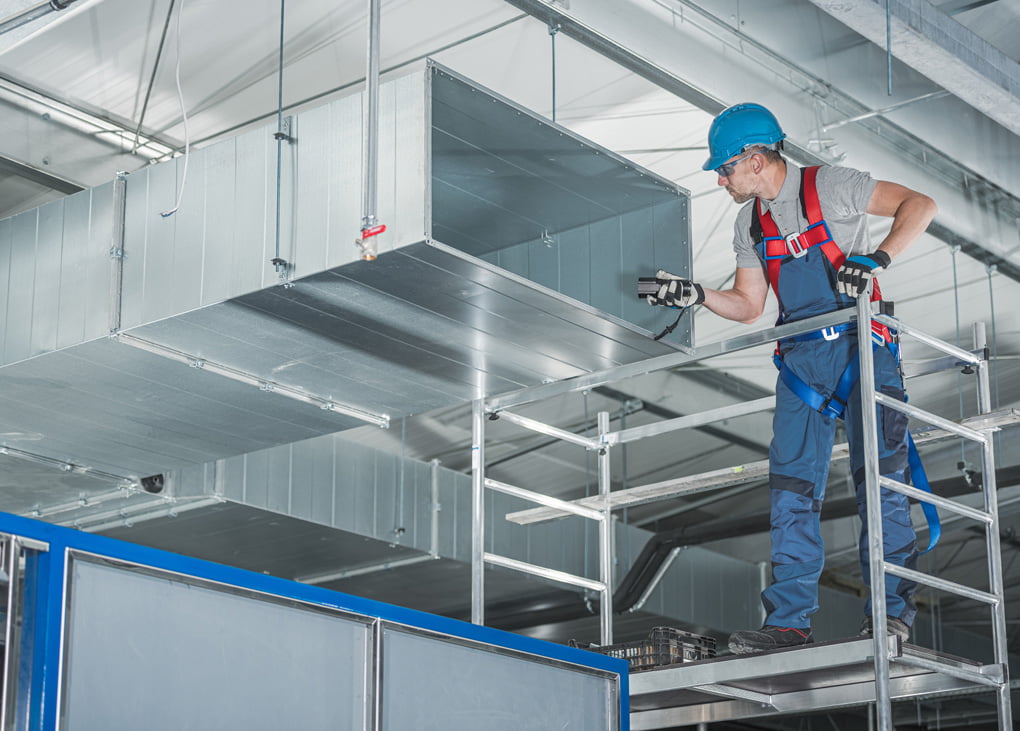Air-Con-Tech working director William Lane, F. AIRAH, believes the importance of commissioning technicians should be reflected in their education, legal responsibilities, and salary.
Our industry has major concerns about energy sustainability and ensuring that HVAC&R systems are designed to achieve the best performances with the minimum amount of energy input. For this to happen, we need a better commissioning approach – and better commissioning technicians.
Commissioning is the process of ensuring that all systems and components of a building are designed, installed, tested, operated, and maintained according to the operational requirements of the manufacturer, owner or occupant/tenant.
The resulting documentation is more than just a piece of paper with numbers attached to it. It is proof that the system has been installed correctly and is working in line with the original design intent.
This depends on the commissioning technician. They must be of an ethical standard, and they must be held accountable for the information supplied. The technician will need, first of all, the ability to have performed the work (training) and be held accountable. This may mean having professional insurance, or – in the case of blatant misrepresentation of results – may lead to them losing their registration, once the industry accepts registration of the technician is needed.
There will be concerns about the system being altered after the commissioning procedure has been carried out. Therefore, it is imperative that upon completion of the testing all test results are certified.
There will be concerns about the training and registration of technicians, which will need to be worked through with industry, government, and possibly unions.
There will be concerns about the appropriate wage for this type of this highly skilled person, which will need to be addressed, also though industry.
The building and construction sector is changing to suit the now current environment, with a downturn in major projects. An in-house commissioning department with highly skilled personnel has become less financially viable. Outsourcing is more common. There are now a number of independent commissioning companies that have been trained by the larger companies, and are filling this void within the industry.
But the lack of consistent industry training means that different companies apply different techniques and calculations. For example, one company may apply a factor of 0.8 to a toilet exhaust grille, while another company uses a factor of 1.1. In this case the factors look low enough, but the result is a 37.5 per cent difference in airflow rate.
The challenge for our industry is to be more professional in our approach, and to provide a more accurate and repeatable result to be obtained by all. As technology changes, so must we review the methodology and working practices. Commissioning personnel must accept responsibility for the works performed and actually sign off that the works have been performed correctly.
To achieve these goals, further education will be required by all who work in the industry. Mandatory ongoing education is required to ensure that technicians keep up to date with the latest industry innovations. This might represent 12 hours of suitable training over a two-year period.
This would ensure that our technicians’ knowledge is continually developed. It can also assist with career development.
The technician is truly a multi-skilled individual, who puts breath into the nuts and bolts of the air conditioning systems, and someone who needs to be encouraged to further advance their training, knowledge and skills. They must be remunerated for this dedication, and must accept responsibility for the printed commissioning report.
We cannot save energy without this qualified person performing these tasks correctly.
 Mark Vender
Mark Vender


Leave a Reply